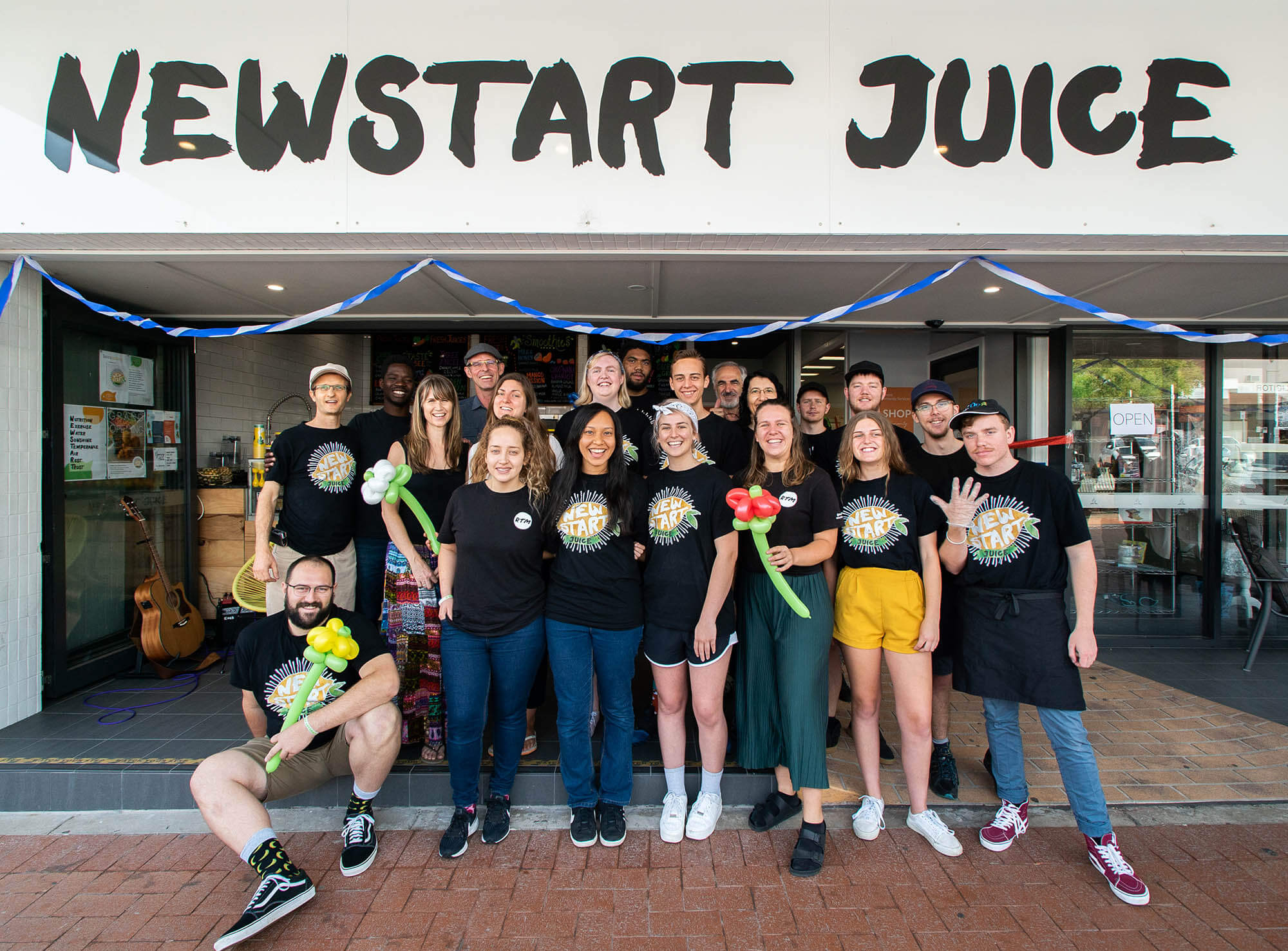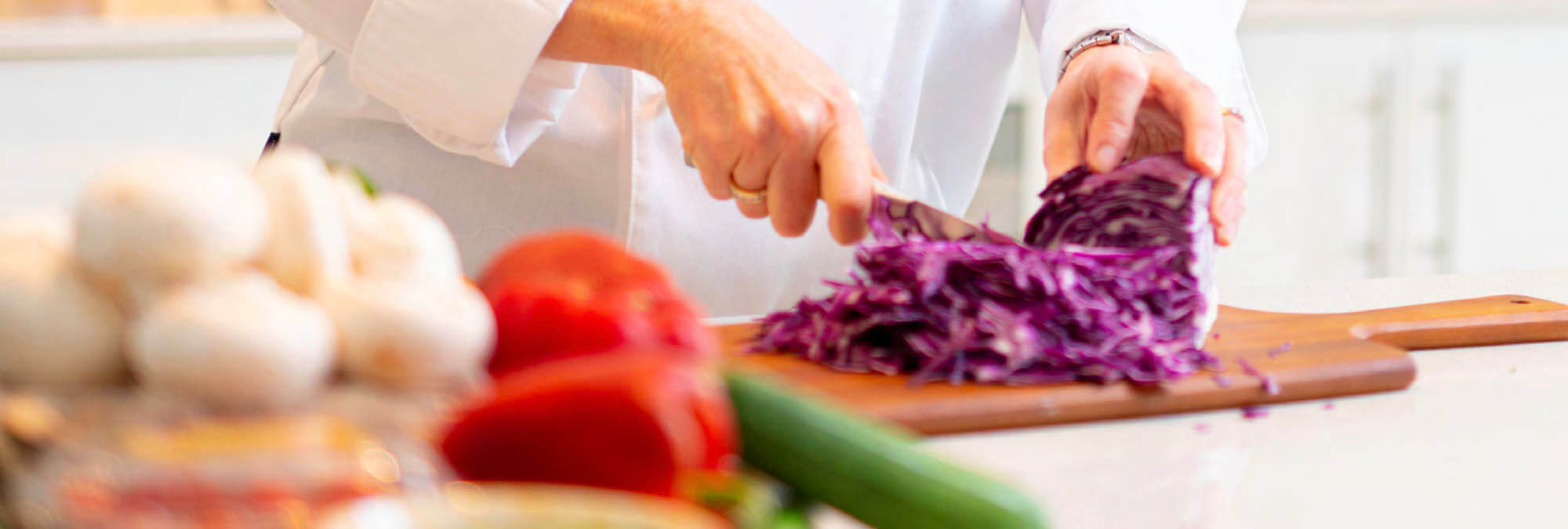Raymond Terrace Mission Adventist Church have embarked on a mission to improve the health of residents in Raymond Terrace. Late last year, RTM Church - which is located in the centre of town - opened a juice bar dedicated to promoting a wholistic way of living. “Newstart Juice” provides fantastic combinations of fruit and vegetable […]
Using Social Media is part of our postmodern culture. That’s where 45% of the world is! Therefore it’s only natural that social beings such as us humans, feel the need to be where their social circles are.
Using it moderately has its advantages in this connected world. But as the excess of anything is bad, too much social media can become an unhealthy habit or worse, an addiction.
Many connected millennials may find the term “social media addict” a cool way to describe themselves, but studies have shown that this is far from being an accolade. With estimates of over 210 million users being affected, Social Media addiction is a growing phenomenon worldwide of a real mental health issue that is having a profound impact on people's lives.
Are you addicted? Take the quiz and find out.
[uvq_quiz type="personalityquiz" id="654"]What is social media addiction?
According to Dr Elizabeth Woodcock’s research, at a basic level, it is a compulsive need to spend excessive amounts of time engaged in social media activities such that important areas of life can be neglected.
When trying to identify any kind of addiction, frequency and quantity are important points to consider. In an attempt to create awareness of this issue, the technology and medical communities have been creating new solutions to different types of tech addictions. Such as Apple’s iOS native feature Screen Time that lets iPhone users know how much time they have been spending on apps and websites.
But Screen Time is not necessarily an accurate way to measure an unhealthy use of digital platforms because people can spend many hours of the day on social media and still not be addicted. So to diagnose social media addiction, one of the most significant points to consider is self-control.
When referring to chemical addictions such as alcohol and nicotine, what categorizes addicts is the loss of consumption control. Psychiatrist Dartiu Xavier explains, “Not being able to resist the urge to have a drink before a work appointment, for example, can be a prominent characteristic of addiction. Because not only drinking while working is tremendously inappropriate but also one couldn’t stop [him/herself] from doing that”.
Why do people get addicted?
Social Media is a business. Like every other business, they need public interacting with their product. And the more time we spend scrolling, clicking and liking, the more money they make. But how do they get us to do that?
Let’s start with science! Dopamine is a chemical produced by our brains and plays an essential task in motivating behaviour by making us feel rewarded. It gets released when we experience pleasurable activities like eating tasty food, exercising and (surprise surprise) engaging in successful social interactions.
The social media companies not only know this, they have been using it to design addictive platforms. Chamath Palihapitiya, former Vice President of User Growth at Facebook admitted feeling guilty about using the social network to exploit consumer behaviour, saying “The short-term, dopamine-driven feedback loops that we have created are destroying how society works”.
If you have never heard of the “dopamine feedback loop”, when it comes to social media it’s basically:
Step 1: Perform an action - post something;
Step 2: Wait for reaction - for people to engage with your post;
Step 3: Reward - likes and comments.
After step 3, our brain produces the dopamine and in the short term you’ll feel good about yourself, but in the long run, this behaviour reinforcement via the dopamine reward mechanism can become an addictive cycle.
As stated in this Harvard article,
“Platforms like Facebook, Snapchat, and Instagram leverage the very same neural circuitry used by slot machines and cocaine to keep us using their products as much as possible.”
The cerebral effects can be even worse on people who already have mental disorders. Individuals who suffer from anxiety feel pressured to reply to a comment, to get enough likes or to check Facebook in order to move on with their day. Research made by Liu yi Lin from the University of Pittsburgh found that “depressed individuals with a diminished sense of self-worth may turn to social media-based interactions for validation.”
I want my life back. How do I Recover?
Step 1. Identify the source of the issue and the stage.
When, where, how and why do you feel the need to open Instagram or Facebook repeatedly? Figuring this out is an essential step in finding ways to battle this behaviour. People can trigger the "dopamine feedback loop" and become addicted to Social Media for numerous reasons. Maybe you spend your time on Social Media because you are bored, stressed, or procrastinating an unwanted responsibility. Perhaps it's FOMO (Fear Of Missing Out) or the need for validation. The cause may be simply opportunistic, or it might be due to something deeper, like damaged self-worth. Some people can find themselves stuck in this cycle because of pre-existing causes such as mental health issues. Whatever the reason, you need to identify it and get help if necessary.
Step 2. Minimize temptation.
You need to decrease your usage in order to get this social media detox started, but you probably won't feel strong enough to resist the urge to access it. One strategy to make the process less challenging is minimizing the possibilities to be tempted.
You can start by unfollowing all accounts that you don't interact with in real life. And yeah, that will take a lot of willpower, but the sacrifice is worth it. We tend to accumulate stuff in our lives, and with social media, it's no different. We all have that Facebook friend that we met six years ago at a friend's birthday dinner and haven't spoken since. Delete them. By using the IRL (in real life) criterion, your feed will be free from unnecessary junk that keeps you procrastinating your life away. And that goes for business pages too. If you don't interact with a brand or business in real life, you don't need to follow it on social media.
Another way to keep the temptation away is by changing your notification settings. Social Networks use notifications as a crucial tool to keep fishing us back. Checking one innocent notification can take 2 minutes or lead to a 30 to 50-minute long procrastination. So you'll need to turn them off. The point here is not to silence all notifications. You can start with the ones that don't impact you directly. Because you really don't need to be notified when your friends update their statuses or when someone posts in a group.
Step 3. Find alternative IRL activities.
Now that you don't have a buzzing phone, your life must be quieter. You'll find yourself struggling with the need to keep voluntarily checking your social platforms. Research has shown that to get rid of a habit, we need to replace it with a new one. And the best way to keep your mind away from Social Media is having genuine experiences in real life.
If you followed the first step, this is where it gets handy. Combining the knowledge of when, where, why and how you get stuck in the addictive cycle, with your new alternatives, you'll be able to fight your weak spots. So if you notice that you're tempted to check your Facebook when feeling stressed at work, try something else like going outside for a brief walk.
The digital environment can give us a false sense of a successful social life. So welcome this recovery process as an opportunity to brainstorm ideas to grow personally, find new hobbies and meet people in real life.
Step 4. Know that slip-ups are normal.
And remind yourself of that. Lapses are a natural part of the recovery processes. So if it happens, don't be hard on yourself and don't give up.
Juliana Muniz
Are you looking for more great content in living a better life? Take a look at The Feed!
Check out some stories where people have found hope and freedom here!
-
{{ answer.caption }}




